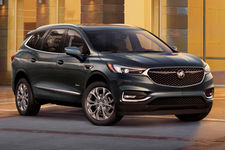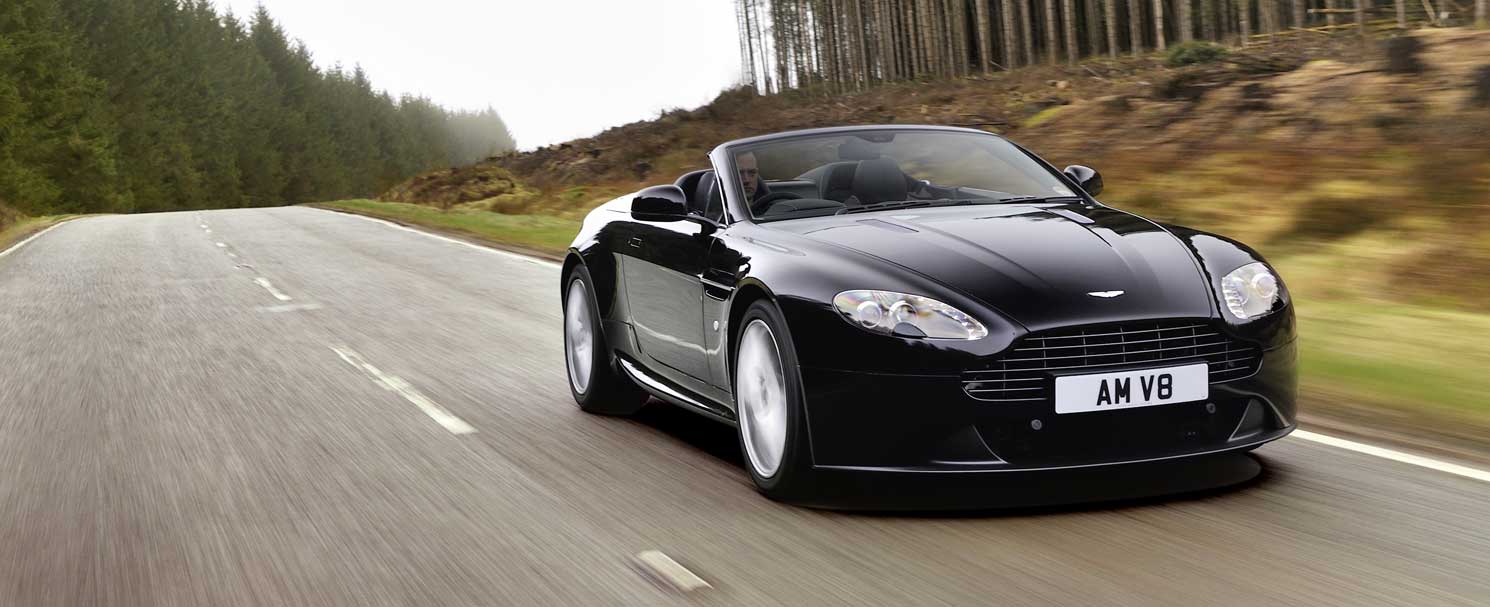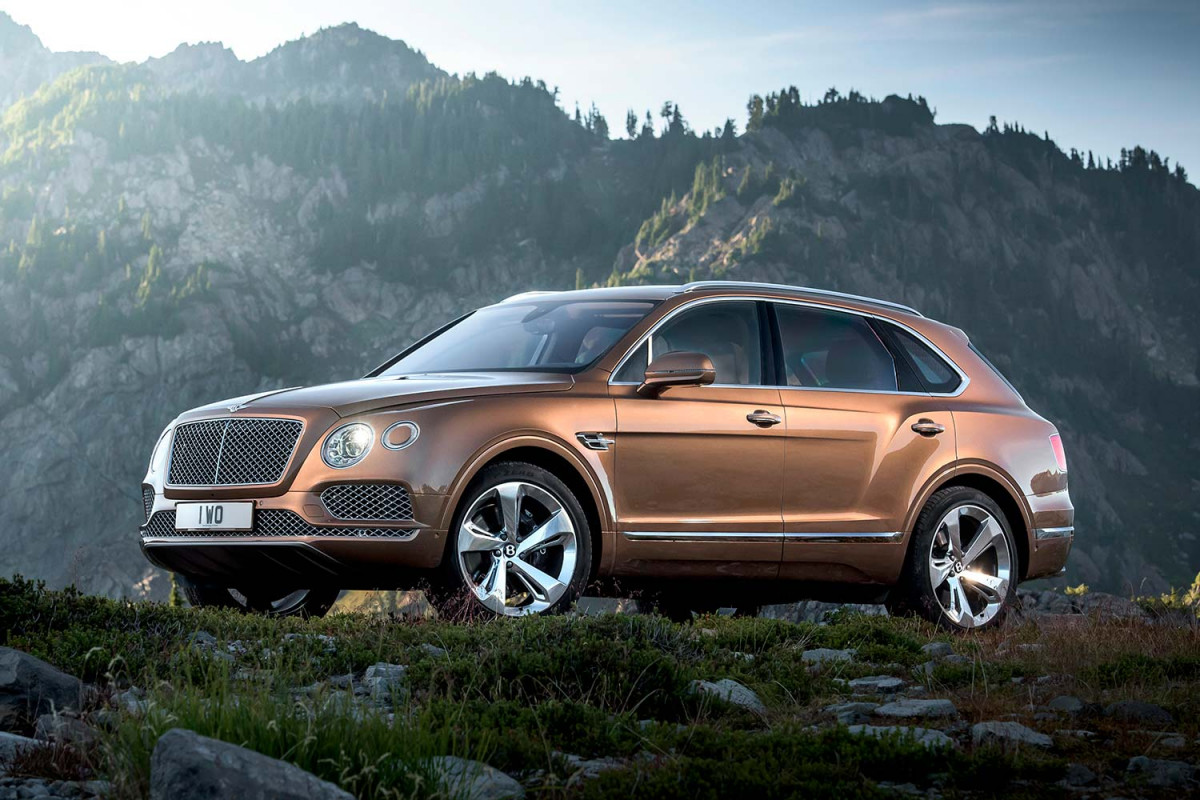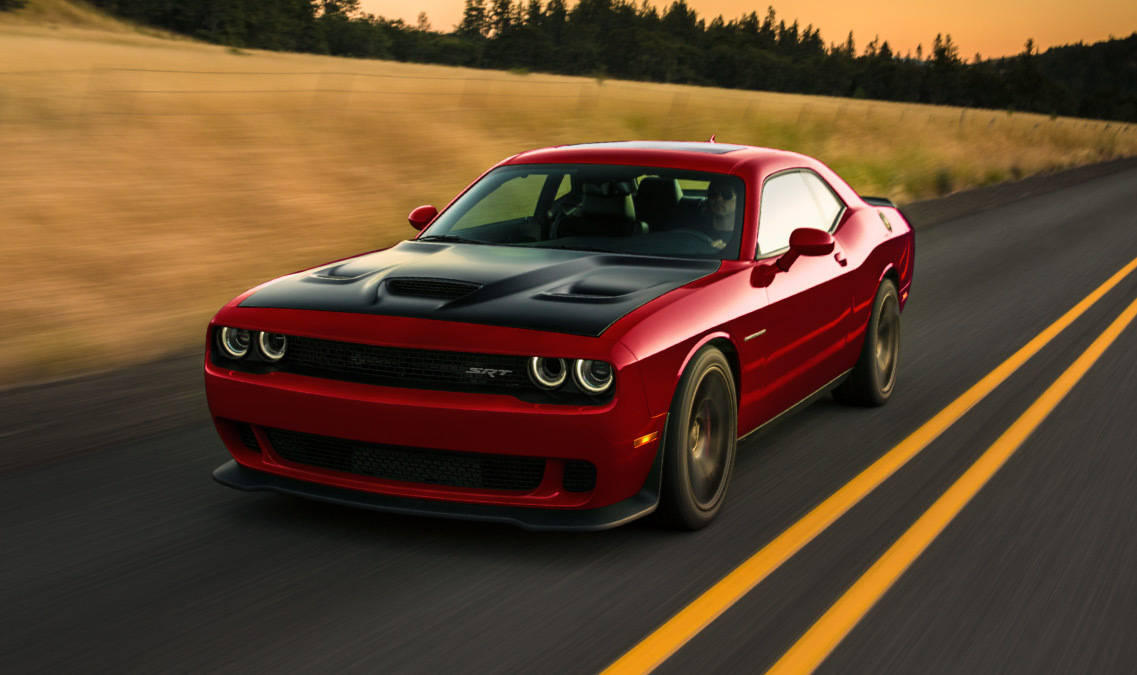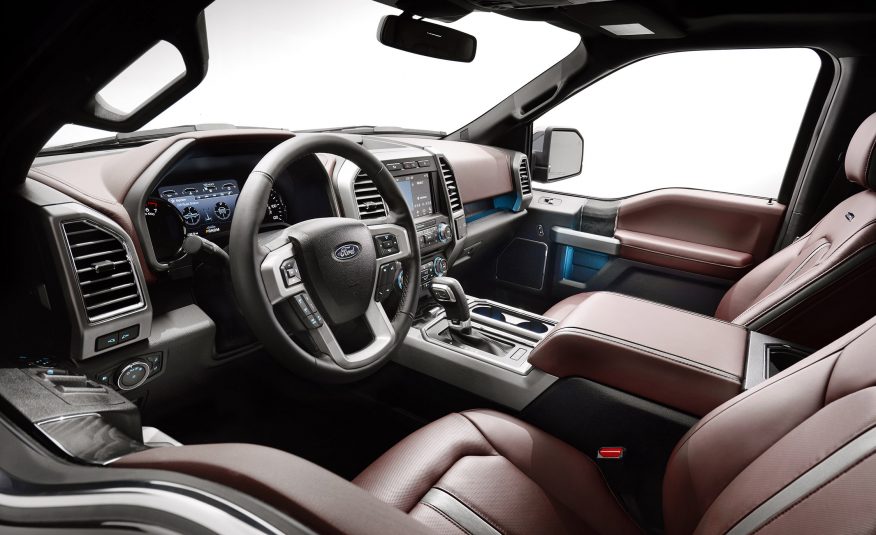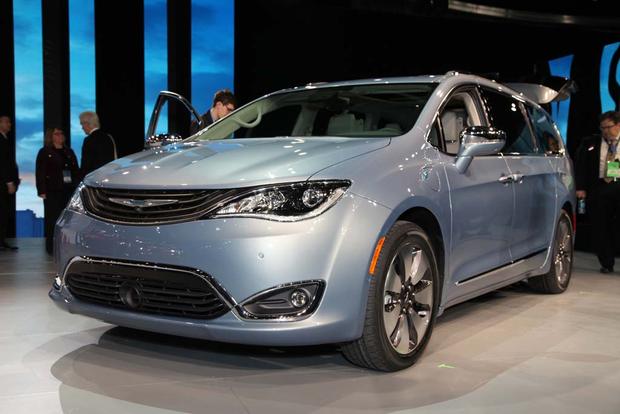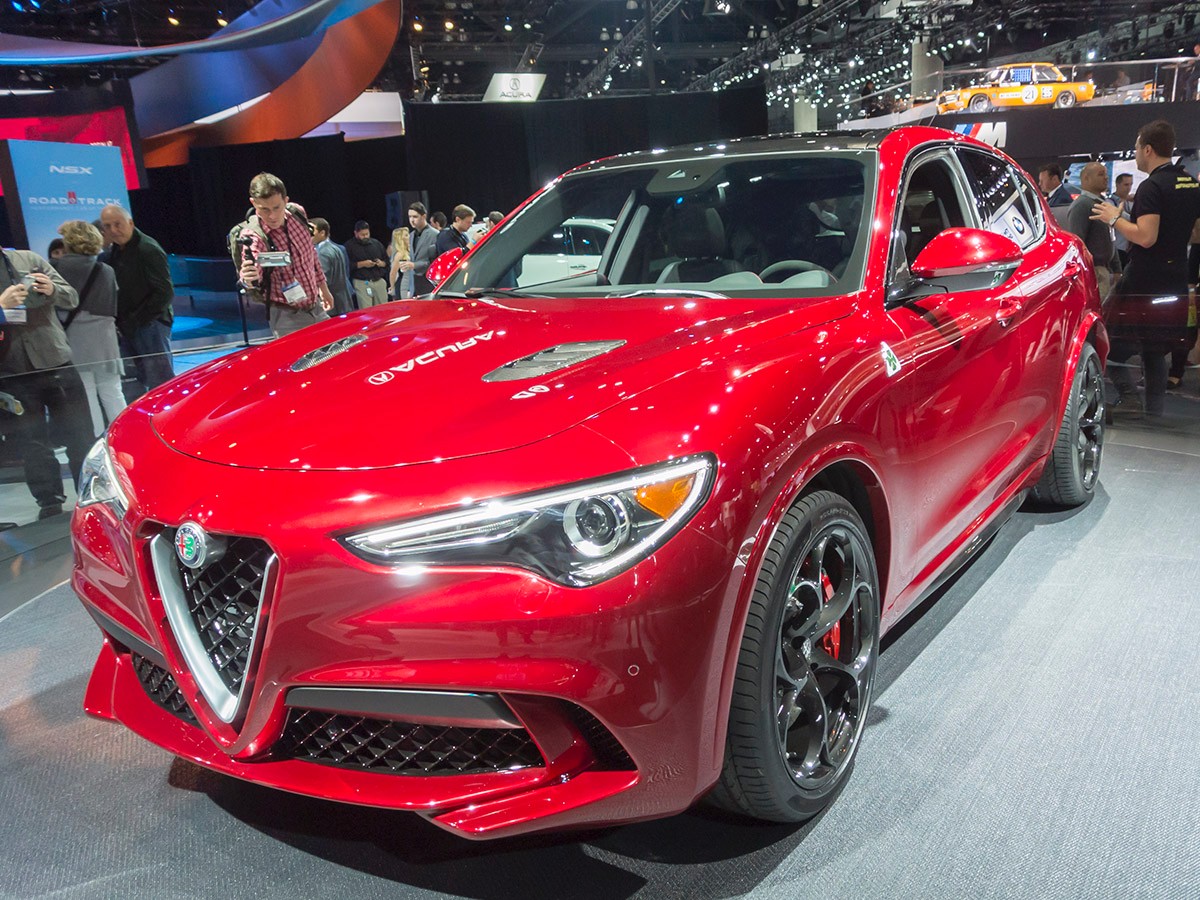-
2018 Buick Enclave “Avenir” will have ionic air purifier - April 12, 2017
-
Lease a Luxury Car for Less Than You Think - April 5, 2017
-
Shopping for a Car When Your Credit is Low - March 31, 2017
-
Aston Martin Closer to Unveiling Second-Generation Vantage - March 21, 2017
-
2017 Bentley Bentayga SUV: Offroad for $238,000 and Up - March 14, 2017
-
Pagani Huayra is Finally Here, Only $2.4M - March 9, 2017
-
Mercedes AMG E63 – For When Your Wagon Needs Drift - February 6, 2017
-
2018 Audi Q5 SUV: Enhanced Performance - January 30, 2017
-
2018 Toyota Camry Due in Late Summer - January 27, 2017
-
2018 Dodge Challenger SRT Demon Will Outstrip Hellcat - January 23, 2017
Consumer Auto Buying Study Reveals That Price, Trust Most Important in Choosing Dealership
A recent consumer study by TrueCar, Inc., whose website provides new car transaction data and information, found that a vehicle’s price and the ability to save money were very important to new car shoppers. TrueCar’s Online Automotive Buying Behavior Report also found several other factors that impact a consumer’s decision on where and how they purchase a new vehicle.
"The goal of this study was to find out more about consumers’ mindset when it comes to buying a car," said Scott Painter, founder and CEO of TrueCar. "What we’ve learned is consumers really want to feel they can trust the dealer to be fair. And the only way to achieve that is through transparency and upfront pricing."
One of the most interesting factors the company found through its study was that most new car shoppers have no idea how much profit a dealership makes when it sells a car. TrueCar found that when asked "how much do you think a dealer makes as profit on the sale of a $40,000 vehicle," 55 percent of respondents answered $4,000 or greater, which is a 10 percent profit. When asked how much they think is fair, 53 percent said between $1,000 and $3,000, with the average being $1,800, which is a 4.5 percent profit. TrueCar says that realistically, a dealership makes between 1 and 3 percent profit on a new car sale.
TrueCar’s study also found that for consumers who are deciding which dealership to shop at, 78 percent said price, and 70 percent said trust, were their most important factors. Only 9 percent said the dealer’s staff was the most important. Fifty-two percent said they would drive 30 minutes to an hour to save a guaranteed amount of $2,300 on a new vehicle purchase.
Negotiating the price of a new vehicle is usually the part most car shoppers dislike. TrueCar’s study shows that more than 90 percent of in-market new car buyers believe it would be valuable to require a dealer to provide a no-haggle upfront selling price, and 85 percent believe that knowing what someone else paid for the same car within the last 30 days would be helpful in their buying process. Eighty percent said they’d probably use a car buying service from a trusted organization if it could save them time and money.
Not only is negotiating the new car’s price difficult for most shoppers, but so is negotiating the value of a trade-in vehicle. TrueCar found that 82 percent of car shoppers believe that they will not receive a fair price for their trade-in, or the dealer will make up for the loss through other services, like auto financing, extended warranties, etc.
"We believe this study, which we plan to conduct annually, illuminates the way in which the market is headed and how cars must be sold in the future," Painter said. "We hope others in the automotive industry will see this data and understand what consumers desire and adjust business practices accordingly."
The study was conducted in October, 2010 by Synovate. One thousand adult consumers were polled on a number of topics related to new and used car buying behavior and perceptions.
